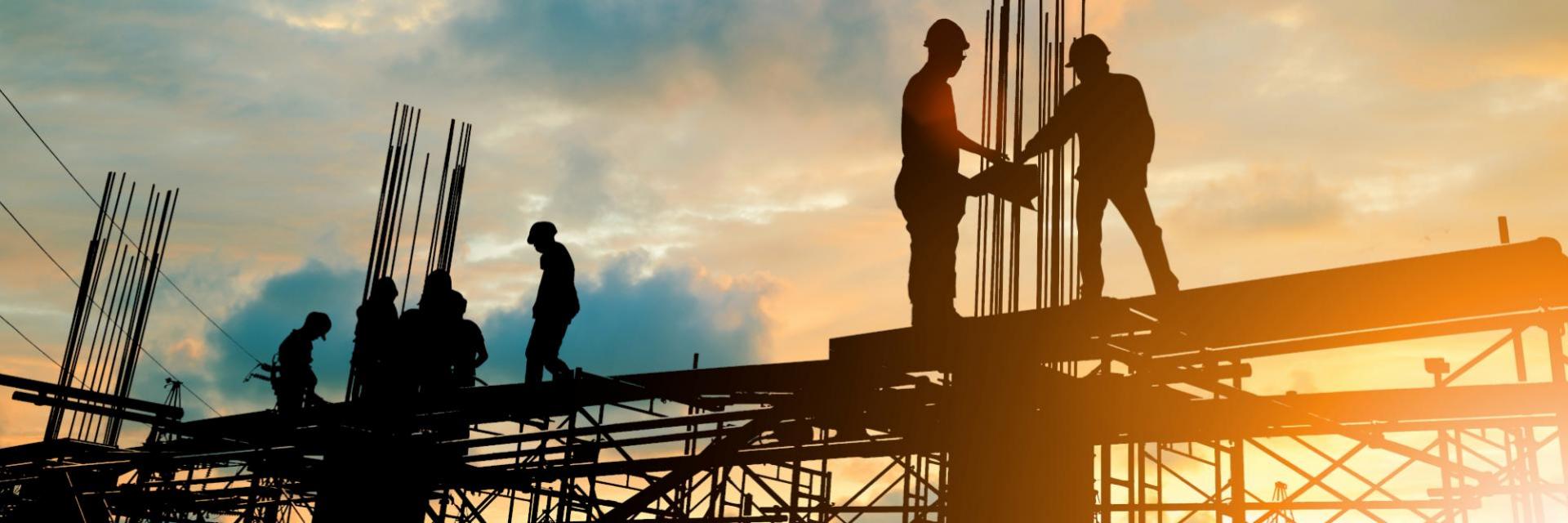Development experts at the 2021 African Economic Conference (AEC) say investment in infrastructure is crucial for the industrialisation of Africa.
Delivering a paper on ‘Globalisation and Industrial Development in Nigeria’ on Saturday, Olufemi Samuel Omoyele, a development expert, said industrial development in the country was a necessary condition before globalisation could bring fortunes to Nigeria. He said economic globalisation was not good for the country because its economy was so dependent on crude oil revenue, and not very competitive.
He added that before the current wave of economic globalisation could be a cure for Nigeria, the country’s government should first implement policies that would drive the largest proportion of foreign direct investment (FDI towards the manufacturing sub-sector.
Making his own contribution to the discourse, GZ Nkemgha, in a paper titled ‘Effect of infrastructure development on industrialisation through financial development and human capital in Africa’ said policymakers in Africa in their quest for industrialisation should invest in infrastructure. He said financial development and human capital are the channels through which infrastructure development can make an impact on industrialisation in Africa.
‘In the development of the financial sector and human capital it’s necessary to take up these industrial jobs. In addition, the various African governments must make greater use of strategies to mobilise domestic savings in order to finance the construction of sustainable infrastructure with spill-over effects on the various sectors of the economy,’’ he said.
Africa’s recovery from Covid-19 and the role of sustainable financing was another topic for discussion.
In the wake of the pandemic, Africa lost 30 million jobs, poverty is on the rise, and debt pressures are mounting. Experts have acknowledged that in order to facilitate a resilient recovery and sustainable development with a renewed financing model, the continent needs to thoroughly assess the strengths and weaknesses of its financial systems in key sectors of its economies.
Four studies were presented during the Covid-19 recovery session. Three areas were explored during this session: inclusive finance, agricultural finance and entrepreneurship. The studies revealed the strengths and weaknesses of the post-Covid-19 financing systems thanks to the key samples that helped to define each piece of research.
In Nigeria, a study titled ‘From Pandemic to Recovery: Evidence from the effects of survival fund post-Covid-19 recovery strategies on rural enterprises in Northcentral, Nigeria’ focused on agriculture. It argued that effective governance in rural enterprises must be improved.
In South Africa, a study titled ‘Quality Financial Inclusion and Impact on Financial Vulnerability in South Africa: A Quantile Regression Approach’ recommended policies based on diversity, appropriateness, flexibility, and affordability of financial products.
In Togo, a paper titled ‘Entrepreneurs’ willingness to engage in innovative and green business practices in Togo’ found that entrepreneurs’ there were very willing to embrace innovative and green business practices. However, access to green funding remains limited.
The 2021 AEC began on Thursday, 2 December in Cabo Verde. The theme this year is ‘Financing Africa’s Post-COVID-19 Development’.

